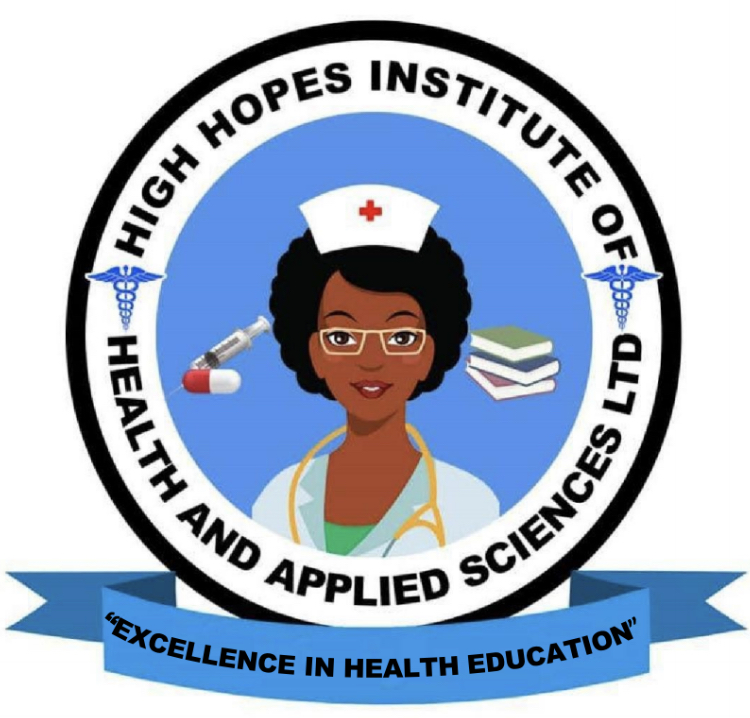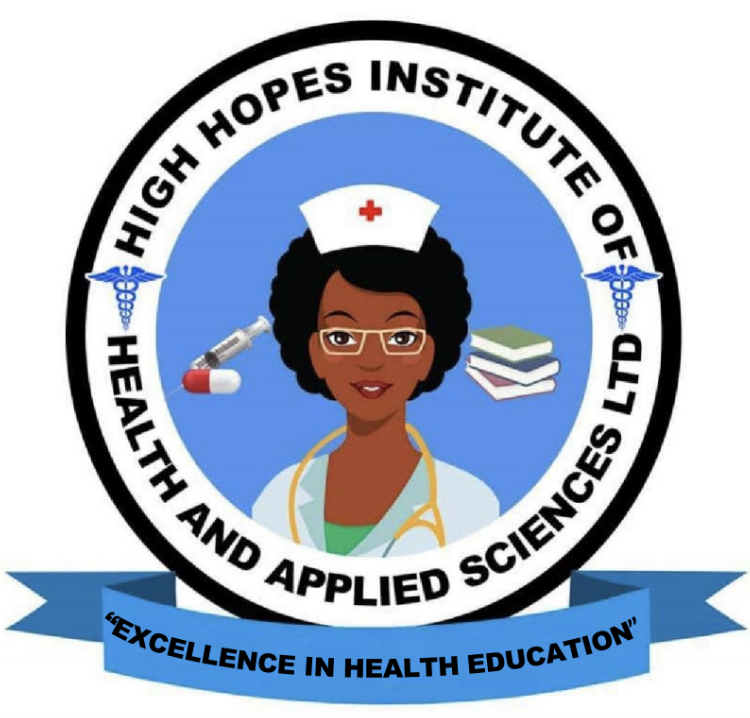QUALIFICATION TITLE
Diploma in Nursing
The diploma in Nursing qualification will enable students graduate to practice as professional nurses. Nurses provide a wide range of services in the clinical field and non-clinical areas.
The profession seeks to provide a robust training program that will meet the emerging and enormous challenges in the health care delivery.
There’s a good number of career opportunities for appropriately qualified Nurses both locally and internationally.
QUALIFICATION TYPE, LEVEL AND DURATION
- Qualification type – Diploma
- Level of qualification – Zambia qualification framework (ZQF) Level 6
- Duration of training – 3 years
ENTRY REQUIREMENTS
- Senior Secondary Education Certificate or its equivalents with 5 ‘O’ levels at credit or
better
- 5 ‘O’ Levels should include English Language, Mathematics and a Science
- The minimum age shall be 16 years.
PHILOSOPHY OF NURSING
Nursing is a professional discipline that involves caring and is derived from nursing science.
Nursing contributes to society by promoting and improving health outcomes for individuals, families and the community, without regard to status or class.
Nursing functions within the scope of practice and is guided by ethical principles such as beneficence, justice, accountability, autonomy, veracity, non-maleficence and fidelity.
Nursing believes that health is a right for all people, regardless of ethnicity, race, gender or social economic status, religious or political affiliation. Health is a dynamic state of being, in which the developmental and behavioural potential of an individual is realised to the fullest extent possible.
The nursing profession operates with some core values that ensure nurses are able to express themselves within the profession. The core values that are vital for nursing are autonomy, altruism, social justice, integrity and human dignity.
AIM AND LEARNING OUTCOMES OF THE PROGRAMME
AIM
To train a nurse who will be self-directed, analytical, knowledgeable, skillful and responsive to changing health needs, emerging diseases and contribute towards improving the quality of care being provided to individuals, families and communities.
PROGRAMME LEARNING OUTCOMES
By the end of the programme, graduates will be able to:
- Utilise principles of sociology, psychology and fundamentals of nursing in the care of patients/clients.
- Apply professional standards during nursing practice.
- Utilise nutrition and pharmacological principles in the care of the patients/clients.
- Apply knowledge of microbiology and anatomy and physiology in nursing practice.
- Apply knowledge and skills of health communication in the care of patients/client.
- Apply knowledge, skills and right attitude in medical surgical nursing practice
- Apply basic principles of Public Health Nursing in the care of patients/clients
- Apply knowledge, skills and right attitude of integrated reproductive health in nursing practice.
- Utilise the principles of Paediatric and Child Health Nursing in care of children and their families.
- Apply knowledge of leadership, management and governance during nursing care.
- Apply knowledge and skills of psychiatry and mental health to manage clients with mental disorders.
- Apply research evidence in the care of patients/client


